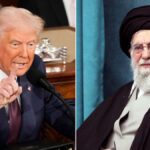
Can the China-Russia Relationship Be Broken?
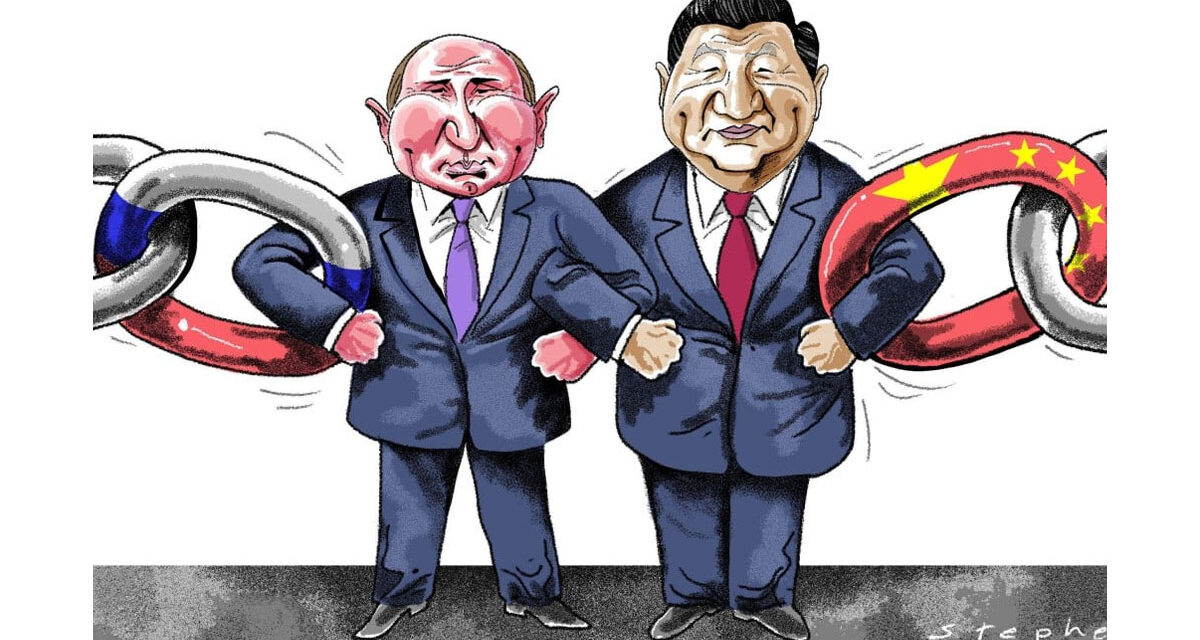
As the United States reevaluates its position in the world, some American policymakers are considering a bold new strategy: driving a wedge between Russia and China. This idea, sometimes called a “reverse Kissinger” or “reverse Nixon” strategy, is inspired by the historic 1972 U.S. opening to China, which helped isolate the Soviet Union during the Cold War. Today, some in Washington hope to reverse that success—this time by pulling Russia away from China to weaken Beijing’s growing power.
However, experts on global politics believe this strategy is not only unlikely to succeed but also risks damaging America’s existing alliances. The relationship between Russia and China has grown too strong, too strategic, and too rooted in shared values and interests to be easily broken. Even if temporary tensions emerge, most analysts agree that the partnership is likely to remain solid for the foreseeable future.
Why Some Say the Russia-China Alliance Cannot Be Split
A growing number of foreign policy experts argue that the bond between Russia and China is too deep for any outside force, including the United States, to break. Michael McFaul and Evan Medeiros, writing in Foreign Affairs, strongly criticize the idea of a “reverse Kissinger.” They call it a “delusion,” warning that it misunderstands both history and present-day realities.
“The analogy to the Cold War of the 1970s is flawed,” McFaul and Medeiros explain. “Back then, Washington recognized and exploited, rather than produced, a deep Sino-Soviet split to improve relations with Beijing. Not only does such a split not exist today, but Beijing and Moscow are now true strategic partners.”
The authors argue that today’s Russia and China are united by more than just convenience. They share a common worldview, rooted in their opposition to the United States and its influence. Both countries see the U.S. as their greatest threat, and both are led by authoritarian regimes that reject Western-style democracy. As McFaul and Medeiros put it, “Putin and Chinese leader Xi Jinping see the United States as the greatest threat to their respective countries and have built an institutionalized relationship based on converging material interests and common autocratic values.”
They also point out that Putin has little reason to leave this reliable partnership in exchange for what could be short-term gains from Washington. “Putin has no reason to give up China’s extensive, concrete, and reliable support to Russia’s civilian economy and defense industry in exchange for ties to Washington that may not last past the end of Trump’s term, in 2028,” they write.
Why Some Believe a Split Is Still Possible
While most experts are doubtful, some believe that the Russia-China relationship could weaken under the right circumstances. This possibility is not based on direct U.S. influence but rather on growing tensions between Moscow and Beijing over their expanding roles in Central Asia.
For decades, Russia has dominated Central Asia both politically and culturally. However, in recent years, China has made major inroads through investments and trade. China launched its Belt and Road Initiative in Kazakhstan in 2013 and, by 2024, had become the largest trading partner of nearly every Central Asian country. Chinese leader Xi Jinping even pledged to defend the “sovereignty, security and territorial integrity” of the region—a role once reserved for Russia.
According to The Independent, “As Russia tries to reaffirm its role in the region, China has also been quietly expanding its influence.” China is not just investing in roads and infrastructure. It is taking on a greater political role, hosting summits and forming new partnerships with regional governments.
These changes have not gone unnoticed in Moscow. Although Putin publicly downplays any rivalry, his statements sometimes hint at concern. At one recent forum, Putin said that “there is nothing about domination in the Chinese philosophy. They do not strive for domination.” This comment may have been intended to reassure, but it also reflects growing awareness in Moscow of China’s rising power in areas Russia once controlled.
Still, even experts who see these tensions forming caution against expecting a major split. As Ali Wyne of the International Crisis Group explained, any significant change would have to come from inside the Russia-China relationship. “If there is to be any fundamental change in the dynamics of the Sino-Russian relationship,” he said, “those would be far more likely to emerge from a recalibration on the part of either China or Russia about the net strategic utility of the relationship, as opposed to from external pressure.”
What Binds Russia and China Together
Despite areas of possible competition, the relationship between Russia and China remains strong because of shared strategic goals and mutual support in the face of Western pressure. Both countries want to push back against what they view as a U.S.-led world order. They are not just cooperating economically or militarily—they are trying to shape global rules to their liking.
This was made clear during a recent meeting between Russian President Vladimir Putin and Chinese Foreign Minister Wang Yi. According to the official readout, Wang said the two countries had built a relationship that is “mature, resilient, and stable,” and that their partnership “safeguarded both nations’ development and revitalization and their common interests in major international and regional affairs.”
Putin echoed this view, saying, “Russia-China relations continue to develop at a high level, with practical cooperation deepening in various fields.” He also expressed hope that their alliance could be elevated “to a new level” through cooperation in international groups such as the United Nations and BRICS.
Economically, the relationship is especially strong. China purchased $237 billion worth of Russian goods in 2024, mostly oil, gas, and coal. In contrast, U.S.-Russia trade that year totaled just $3.5 billion. The two economies complement each other: Russia provides raw materials, and China offers manufactured goods and investment.
Politically, both sides support each other in ways that isolate them less from the international community. As the Foreign Affairs article points out, “Even the process of courting Moscow would be damaging because any favor the United States shows Russia alienates Europe.” Meanwhile, China and Russia present a united front against Western criticism, often blocking U.S.-backed proposals in international forums.
Fault Lines That Could Strain the Relationship
Still, the Russia-China partnership is not without weaknesses. One of the biggest sources of tension is their unequal status. Russia has become more dependent on China in recent years, especially due to Western sanctions. This economic imbalance could lead to frustration in Moscow.
Central Asia is another area of potential conflict. While both countries have managed to avoid open competition so far, their overlapping interests in trade, energy, and regional influence could eventually cause friction. China’s growing popularity with regional elites—and its lack of enthusiasm for hiring local workers in infrastructure projects—has created resentment among Central Asian populations. Public opinion surveys in these countries often show more skepticism toward China than toward Russia.
China’s treatment of its Muslim minority population, especially the Uyghurs in Xinjiang, also causes discomfort in Muslim-majority Central Asian countries. While their governments may not challenge Beijing directly, these cultural differences can create quiet resistance to China’s growing presence.
Lastly, the relationship lacks deep emotional or cultural ties. As Glenn Chafetz writes in The Strategist, “To succeed, Russia would need to overcome more than a century of hostility and distrust.” The two countries were bitter enemies for much of the 20th century, and their historical conflicts have not entirely faded.
Can the U.S. Really Pull Russia Away?
Supporters of the reverse Kissinger idea believe that if the U.S. engages with Russia – especially under President Trump – it might pull Moscow away from Beijing. Trump’s administration has warmed to this theory, with Secretary of State Marco Rubio saying that the U.S. should “have a relationship” with Russia rather than let it “become completely dependent on” China.
But critics say this strategy misunderstands Putin’s goals and overestimates what the U.S. can offer. “Putin would never help the United States deter or contain China,” McFaul and Medeiros argue. “Instead, he would leverage American eagerness for better relations to play Washington and Beijing off each other.”
Even if relations improve temporarily, they are unlikely to last. As Chafetz notes, “Putin cannot safely trust that the US’s new pro-Russia turn will endure.” Past efforts at resetting relations with Russia have failed, and Putin is more likely to trust China’s long-term commitment to autocracy than the uncertain promises of any U.S. president.
Moreover, the cost of this strategy could be high. It would risk angering U.S. allies in Europe and require abandoning long-standing American values such as support for democracy and human rights. Trying to align with a country like Russia, which is actively working with North Korea and Iran, could backfire badly.
Conclusion: A Strategic Alliance That’s Hard to Break
While there are subtle tensions between Moscow and Beijing, most experts believe the China-Russia relationship is strong, lasting, and deeply rooted in shared interests. Their growing cooperation in Central Asia, their economic partnerships, and their shared opposition to the West make a complete split unlikely.
As tempting as it may be to try a grand diplomatic gamble, the risks are high and the rewards are uncertain. Rather than attempting to divide China and Russia, many believe the U.S. should focus on strengthening its alliances, supporting democratic values, and offering a better alternative to countries caught between competing global powers.
In today’s complicated world, relying on a Cold War playbook may not work. The China-Russia alliance reflects a new kind of challenge – one that demands a strategy based on realism, not nostalgia.



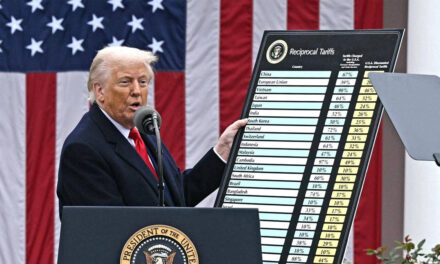


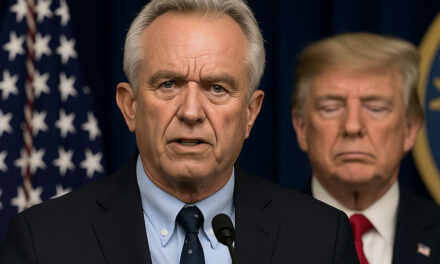





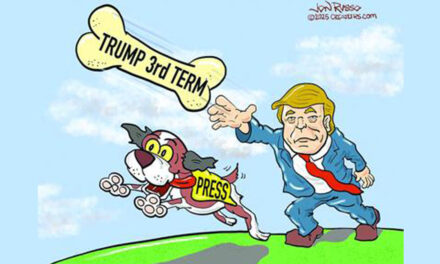














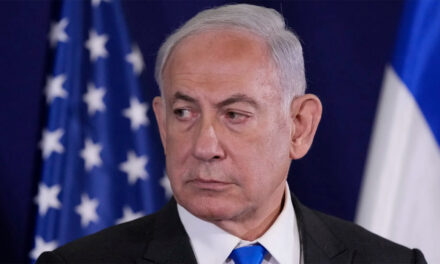
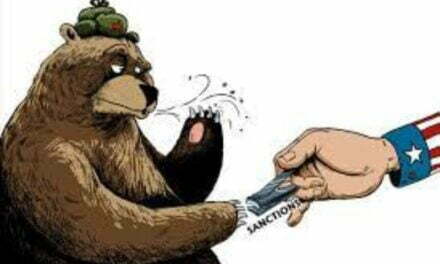

Yeah, like the tariffs will help break them apart.
Sigh.